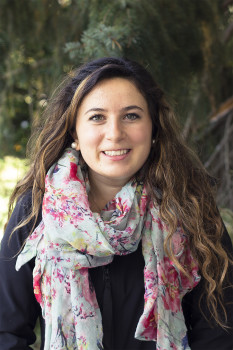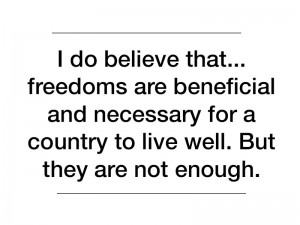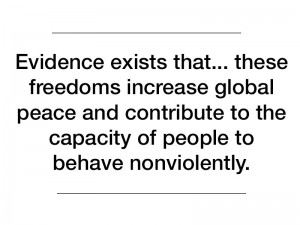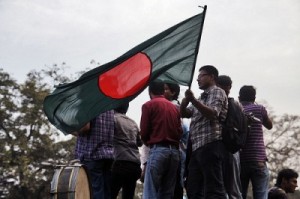Last Sunday, the Greco-Macedonian border blew up in chaos as Macedonian police stormed a congregate of refugees who were trying to break into a refugee camp in northern Greece.
Chemical weapons such as tear gas were used in fending off the migrants at the border.
International health organization, Medecines Sans Frontieres (MSF), or “Doctors Without Borders,” reported over 300 injured by the Macedonian police.
Spokesman for the Greek government, George Kyritsis, spoke out against this by stating in an interview, “The indiscriminate use of chemicals, rubber bullets and stun grenades against vulnerable populations… is a dangerous and deplorable act.”
Reuters, an American news agency, quoted a policeman from Macedonian who claimed that migrants had thrown stones at the Macedonian police first, and the gas was an act of defense. “The migrants were pushing against the fence, but standing on the Greek side of the border. The fence is still there, they have not broken through,” stated Macedonian police official.
A report from a local journalist, Katica Djurovic, also commented on the event, “I was teargassed at least twice. Not just me, another cameraman, other press people were also teargassed as well as refugees. Some of the tear gas [was] thrown at least 200 meters into the camp, into the tents where most of women and children were sitting.”
This is not the first time tensions have risen at the migrant camps in Greece. Two months ago, more than 52,000 migrants were trapped after being closed off by the Balkan states.
The migrant issue has also turned political in Greece. Golden Dawn, a far-right Greek party, has marched in several areas around migrant camps and gather points. The leader, however, was previously arrested for criminal organization after recent release announced that the party was planning a number of protests around the country to warn people of the “Islamizaiton of Greece by Music asylum seekers.”
Ilias Kasidiaris, the spokesman for the party, stated in an interview that they [the people of Greece] “…cannot accept that we will become a minority in our homeland… Whether you call them refugees or illegals, there’s no difference — we want them out.” The party also spoke openly about their alignment to statements made by U.S. presidential candidate, Donald J. Trump, and think it would be a “very positive development if he were to be elected president.”
On March 20, a European Union deal regarding the migrant crisis in Turkey went into effect. The deal requires mass deportations back to Turkey for any migrant attempting to leave after the signed date. Due to proximity, a large influx of these escaped migrants have fled to Greece. In response, Greek authorities have attempted to persuade migrants to move to reception camps, however, the refugee population has so far refused to move.
Since January 2016, over 150,000 migrants have arrived to Greece, with almost 40% of the population consisting of children.
Overall, more than one million refugees and other migrants have attempted to enter Europe by boat since last year, but with tensions rising, and borders closing, the number is likely to fall in the coming year.


 In spite of this, Putin has still been under heavy scrutiny by Western leaders for what they believe to be suspicious political motives in Russian involvement with Ukraine. In spite of this skepticism, Ukrainian president Petro Poroshenko expressed cautious optimism about the cease-fire. In a White House press conference following the recent North Atlantic Treaty Organization (NATO) summit in Wales, President Obama spoke to the Associated Press saying he remained “hopeful but, based on past experience, also skeptical” about the strength of this ceasefire.
In spite of this, Putin has still been under heavy scrutiny by Western leaders for what they believe to be suspicious political motives in Russian involvement with Ukraine. In spite of this skepticism, Ukrainian president Petro Poroshenko expressed cautious optimism about the cease-fire. In a White House press conference following the recent North Atlantic Treaty Organization (NATO) summit in Wales, President Obama spoke to the Associated Press saying he remained “hopeful but, based on past experience, also skeptical” about the strength of this ceasefire.

